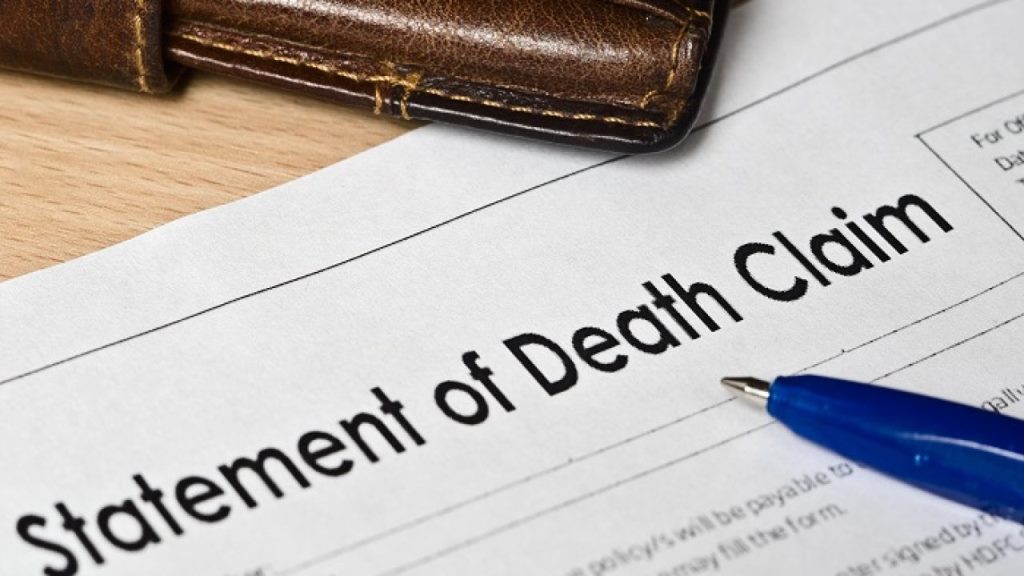Paternity tests are conducted to determine biological parentage and there are various situations in which a family would want to check paternity of a child. Due to the secrecy surrounding paternity tests, people often have many queries, doubts or even misconceptions regarding DNA testing. There are many instances in which a paternity test is appropriate and required.
Here are 8 situations where a paternity test may be taken.
Custody claims

Child custody disputes are one of the most common reasons for a paternity test to be conducted. In case the parents of a child are legally divorced, the court needs to know who the father of the child is, in order to allow him visitation rights. A biological father may want full custody and a paternity test will determine whether he is the father of the child or not, and whether he can be granted custody of the child.
Disputes over child support
Lack of child support payments is a big legal issue in the country. Paternity testing is used to hold biological fathers accountable and responsible for their child’s well-being. Courts order a paternity test to determine who should be paying for child support. Paternity tests can also save persons who are not biological fathers to a child, from wrongly having to pay child support. A home paternity test does not work for court ordered tests.
Cases of immigration
Certain immigration visa applications require paternity test results to prove biological relationship with a citizen of the country. Paternity tests can also be crucial in reuniting families.
Adoption

Adopted children have a chance of finding their biological parents (if they wish to do so) through paternity testing. Many people are interesting in finding their roots or other family members. A home paternity test can help them. A paternity test will also determine a father’s say in the matter in case a child is being put up for adoption or when the parents are separated.
Claims to inheritance rights
In case of death of a person, there may be issues in settling the person’s estate. A legal paternity test can determine who the natural heirs are and who is entitled to the inheritance. This is important, especially in cases where inheritance rights or heirship is disputed. Maternity tests may also be required in certain situations.
Checking of medical history
Apart from parentage, paternity tests also reveal family history. Certain adults choose to take paternity tests to understand their medical history as well; which can help them prepare and plan for hereditary illnesses or disorders, if any.
Claims to death benefits
Death benefits refer to payments from life insurance policies or social security benefits. Governments or insurance companies may require proof of relationship to ensure payments are made to the rightful heir.

Personal knowledge
Some people wish to know about their parentage just for the sake of knowledge, or if they were born using a donor. In this case, a home paternity test can suffice.




